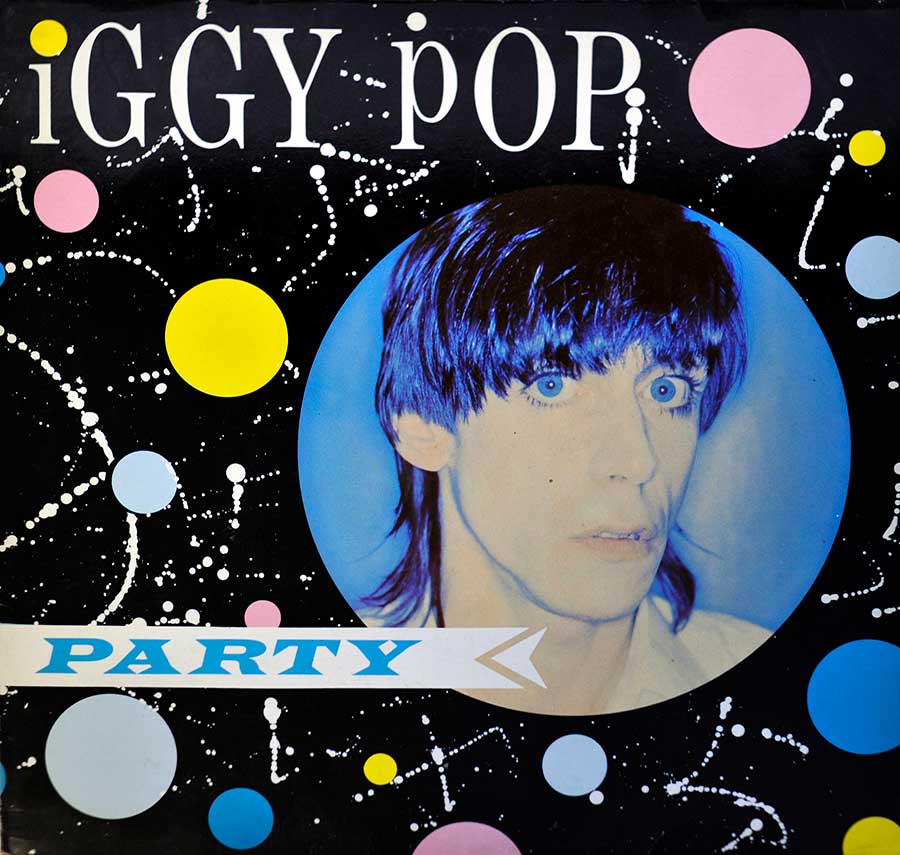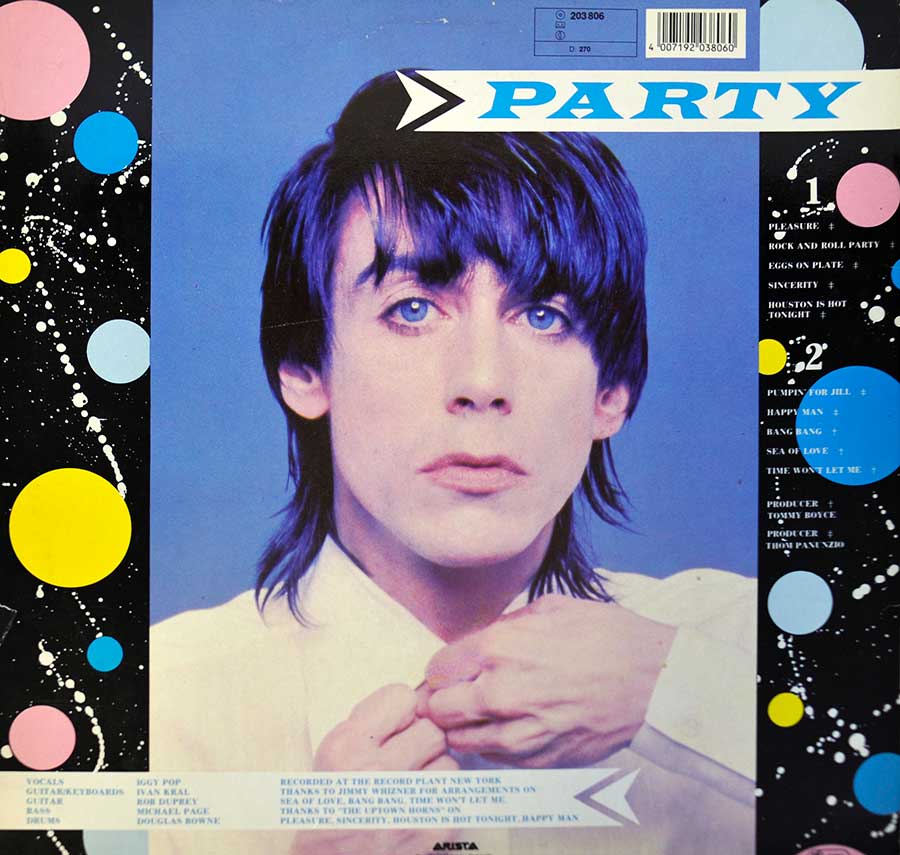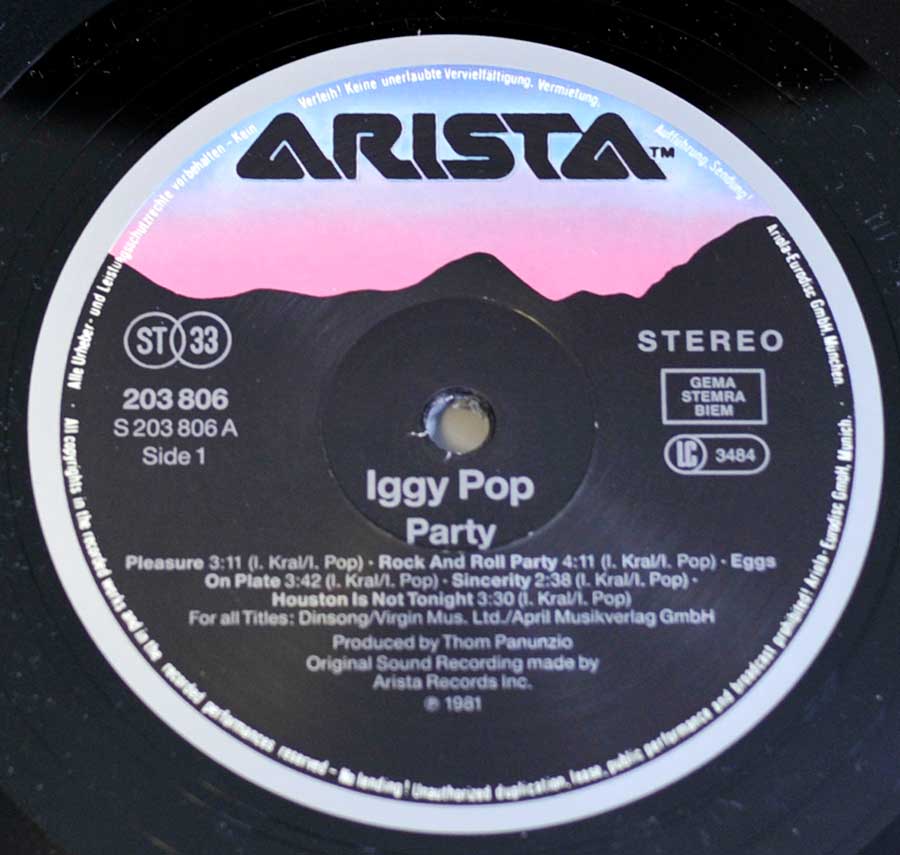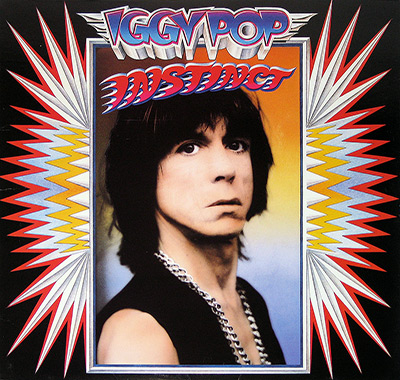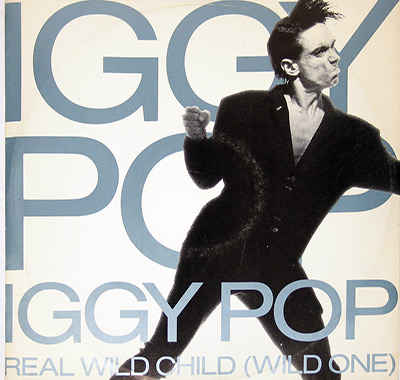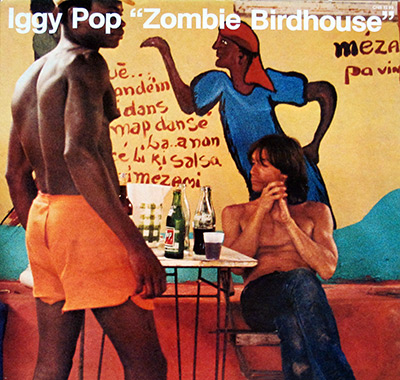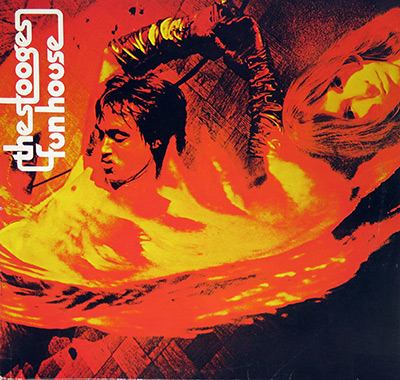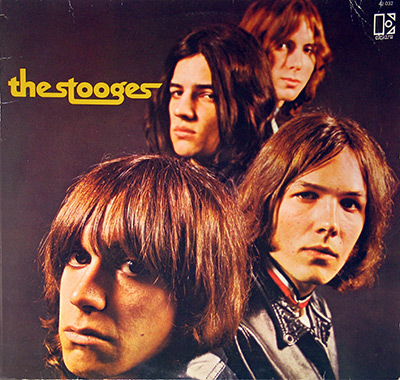IGGY POP - Party 12" LP album
- New Wave Punk Rock
Party is the last of Pop's three albums with Arista Record
Party is a 1981 album by Iggy Pop. For this album, Iggy Pop collaborated with Ivan Kral, who is best known as guitar and bass player for Patti Smith in the 1970s It peaked at number 166 on Billboard's Top 200 albums.
When Arista heard the album, they brought in former Monkee producer, Tommy Hart, to remix "Bang Bang".[citation needed] It was released as a single, charting at #35 on the Billboard club play singles chart, and was later covered by David Bowie. According to Iggy Pop's autobiography, I Need More, he wrote "Bang Bang" as Arista Records wanted a single and he promised them a commercial album. He originally wanted Phil Spector or Mike Chapman to produce the song. Iggy claimed he got idea for the song from reading All the Right Stuff at a local bookstore.
